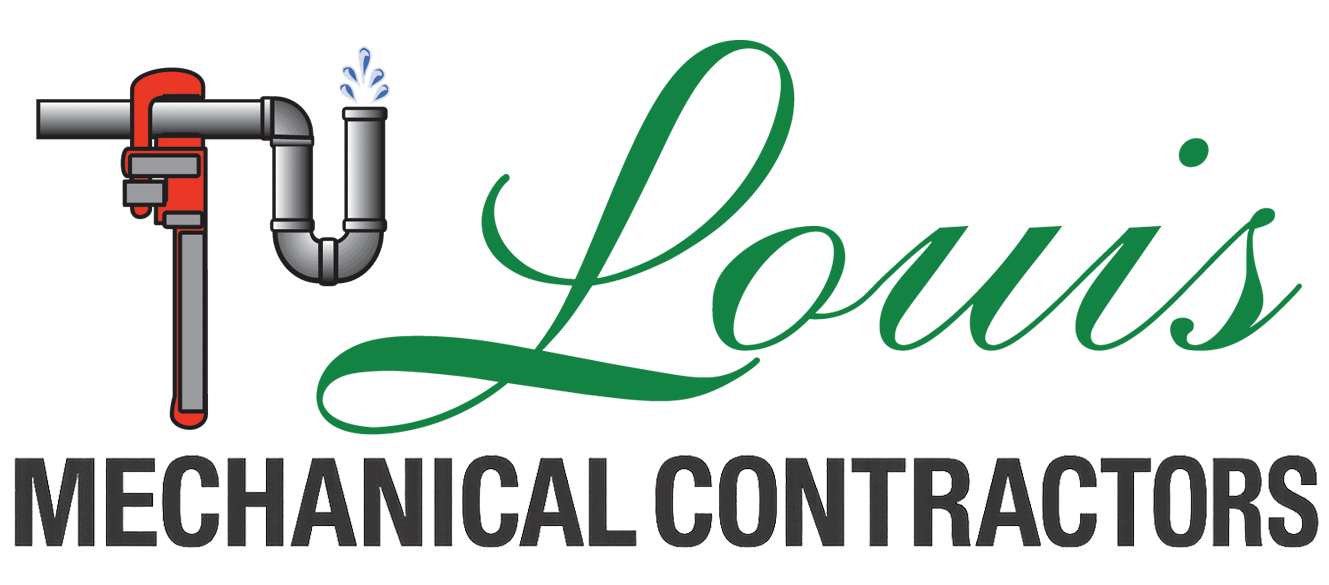A water heater contributes a lot to the comfort and functionality of your home. Hot water heaters happen to be a household item that few people know very much about, though.
As a result, many people don’t know what signs to look for that may mean an old hot water heater is on its last leg. We’re going to discuss some of those signs in this article, giving you a better idea of how your water heater works and when to replace it if necessary.
Signs Of An Old Hot Water Heater
We’ll run through a few of the tell-tale signs that your heater isn’t functioning correctly. If you experience any of these signs, it doesn’t necessarily mean that your unit is broken.
It may just mean that it’s time to have an inspection and have some repairs made.
1. Age Of Unit
The first thing to make note of is the age of your unit. You may have an older unit that’s functioning especially well, but it’s generally accepted that units that are more than 10 years old should be assessed and potentially replaced.
The first numbers on your unit’s serial number are typically an indication of the year it was made. If you can’t discern the age through the serial number, you can certainly call the manufacturer and have them tell you.
2. Change In Smell Or Taste
If you notice a change in taste or smell in your hot water, it could be an indication that your heater is rusting from the inside.
This can be a big issue if it goes unchecked, potentially leading to health issues. You can check this by running a significant amount of hot water into one container. Next, run the same amount of cold water into a different container.
The differences in the quality of water are likely a result of the heater.
3. Little To No Hot Water
If your showers are getting cut short because the water runs cold, that’s a clear indication that your hot water heater isn’t running properly.
Showers and baths are the places where you’ll probably run the most hot water, so you’ll notice the signs first in those areas. Make a mental note of how long you can shower before the water gets cool and see if things change over time.
4. Sediment In Your Tank
Older water heaters tend to develop a significant amount of sediment that builds up at the bottom of the tank. That sediment can harden and reduce the efficiency of your unit.
It’s wise to check your tanks periodically to make sure that sediment isn’t building up. You can typically empty the containers and clear out any debris, but be sure to call a technician if this isn’t an option.
5. Strange Sounds
Finally, a faulty heater is liable to make pops and cracks when it’s running regularly. If you’re experiencing these noises, it’s probably a sign that there’s sediment in your tank or that an element of the unit is cracked.
If you don’t handle those issues quickly, you might experience leaks, water damage, higher energy use, and unreliable hot water.
Need A Change?
If your old hot water heater is showing any of the signs listed above, it may be time to seek repairs or a new unit altogether. We’re here to help.
Explore our site to learn more about moving forward with improvements to your water heater and other water needs.
